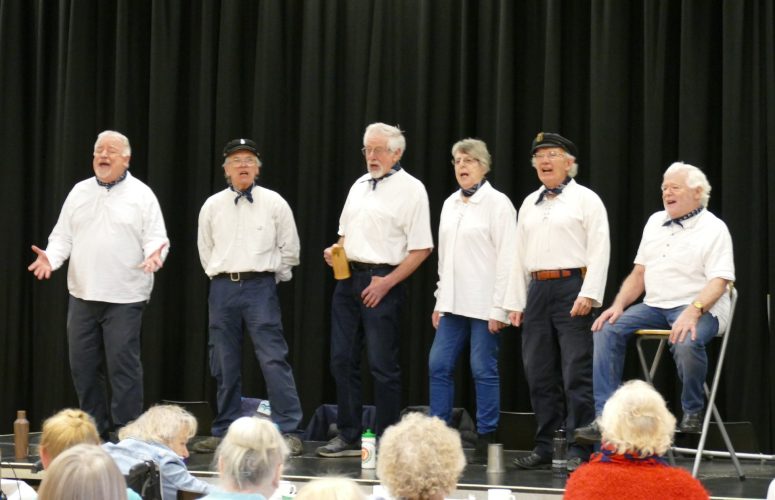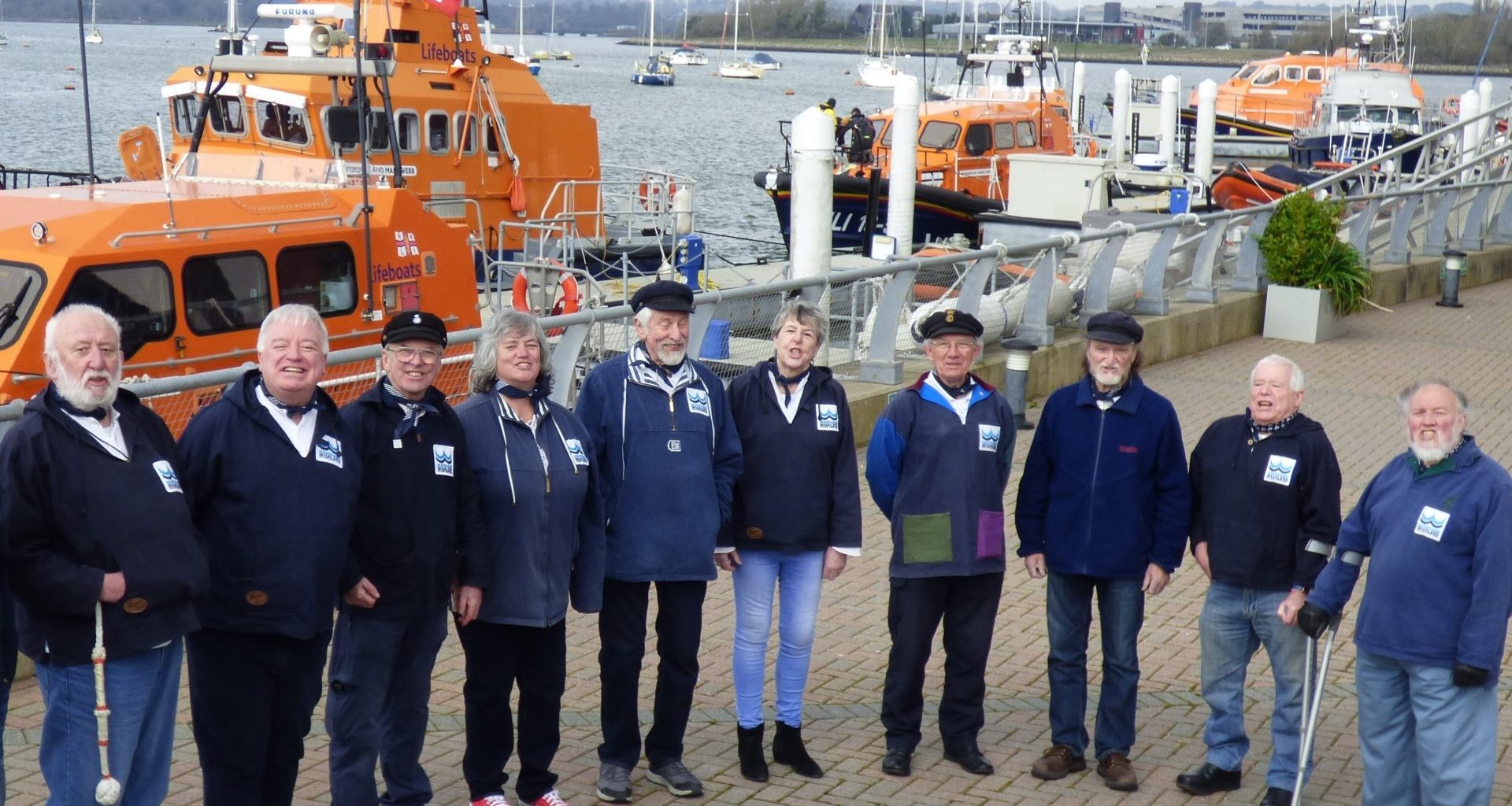While Britain’s music industry reaches record-breaking heights, not everyone is riding the wave. Away from the spotlight, one Dorset group is holding fast to a fading tradition—keeping sea shanties alive.
Sea shanties, once sung to bring camaraderie to sailors’ labours at sea, have long faded from the mainstream. But in Wareham, a group of amateur singers has spent the past two decades preserving the songs that once echoed on ship decks.
The Wareham Whalers have been performing traditional maritime work songs for 21 years, bringing rhythm, history and humour to audiences across the region—all through the power of their unaccompanied voices.
“We say, no, the sailors didn’t have musical instruments,” said David Blakeley, a member of the group. “They sang them in a certain way because they were doing a certain type of job. We try to stick to that.”
The group is made up of people from different backgrounds—a retired primary school headteacher, a doctor, and a council worker, among others—with few having formal musical training. What unites them is a shared commitment to keeping the songs going.

Originally sung to coordinate effort and lighten the load on long voyages, sea shanties began to fade from memory with the rise of steam-powered vessels. Yet for the Whalers, that disappearance is not inevitable.
“We’ve been going 21 years and I don’t see an end to that yet,” said Jacquie Hall, the longest-standing member. “I will keep going as long as I can.”
The group doesn’t just perform sea shanties. They take a hands-on approach to passing on their knowledge. They run workshops in schools and communities, introducing young people to the rhythms, stories and working roots of the songs.
“We’ve worked with children as young as six,” said Steve Earwicker, another group member, “and they respond well to the rhythms and stories behind the shanties.”
All performances are a cappella. The Whalers say they are “strict with themselves”—no instruments, no embellishments. Before performing, they research the origins of each song. “We look at the earliest sources, see where the emphasis would be, and try to work out how the sailors would have sung them,” said Blakeley.
Added Earwicker: “We practice every week, even songs we’ve been doing for years because it’s important to keep that rhythm alive.”
For some, the simplicity is the hook. “Nearly all shanties have choruses—very simple choruses that everybody can join in with. That’s part of the excitement of it,” Blakeley said.
Logan, the newest and youngest member, found the shanties easy to learn. Even the song he didn’t know, he said, he was singing along by the second or third chorus.
“We just hope younger people do it and get involved,” Blakeley said. “Whether that’s with Wareham Whalers or whether they start their own groups. It doesn’t matter as long as that tradition keeps going.”
In a world where music is increasingly driven by algorithms and economics, the Wareham Whalers offers something quieter but no less vital: a link to the past.
Cover photo: The Wareham Whalers








